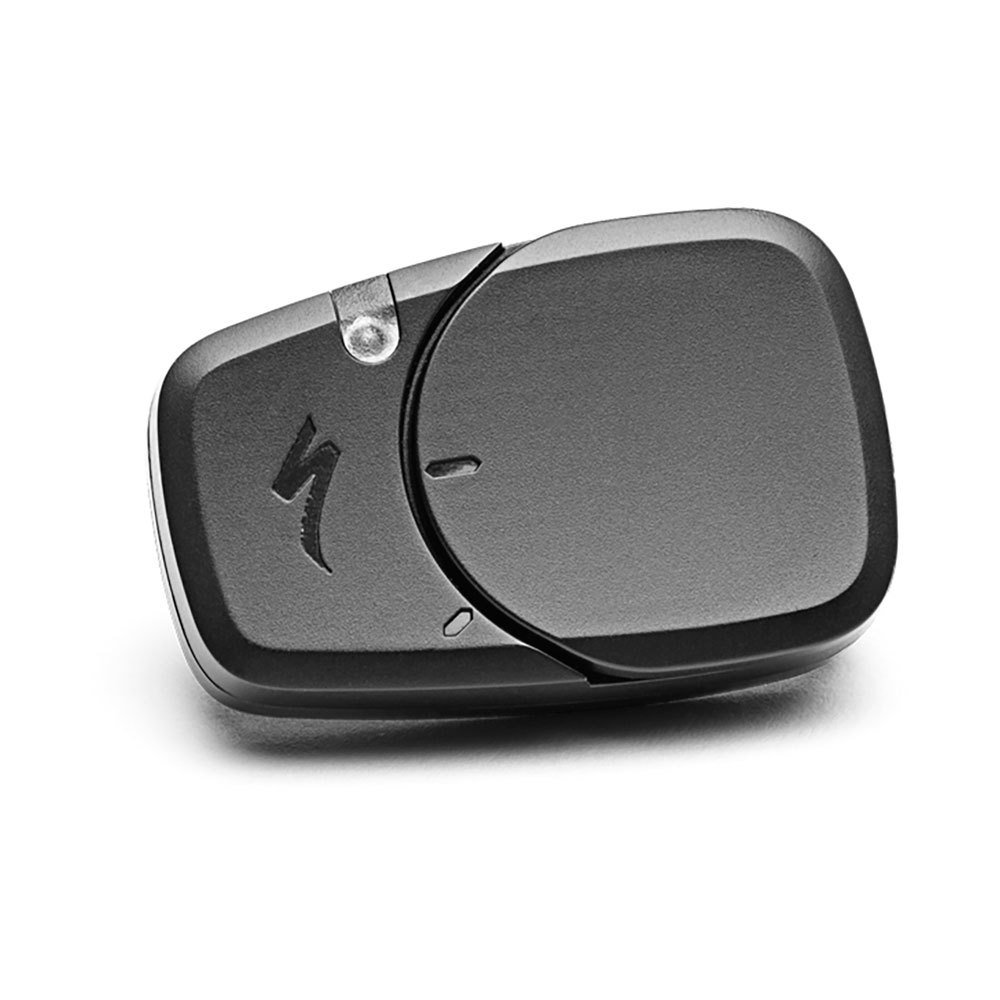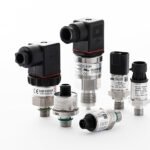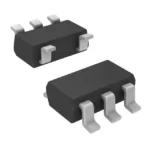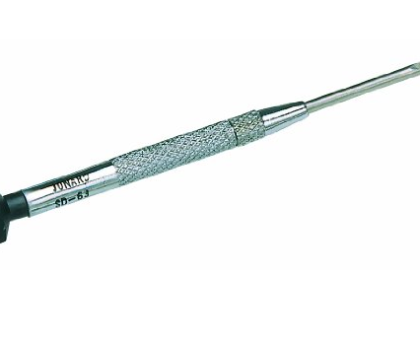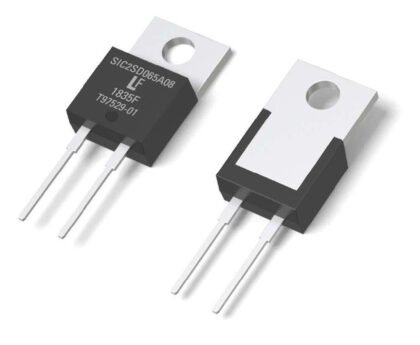A durable design of sensors is required to make reliable measurements in extreme conditions. Such extreme environment position sensors are designed to operate in places where most sensors cannot survive. Specialized sensors from the automation control gear category are vital for applications that require high accuracy, high reliability, and structural integrity in tough conditions.
Sensors Options for Extreme Conditions
When it comes to harsh environments there are two primary specialized sensor types used to measure position or displacement: capacitive and inductive. Each one has its advantages and disadvantages.
Capacitive Sensors
Capacitive sensors operate on the principle of capacitance and change between the sensor and target to find out the distance. These types of sensors perform really well with different materials. they are not sensitive to material thickness and have the benefit of relatively small pot size. However, such specialized sensors do require a target grounded to the measuring system which is not an issue. They can be manufactured of very high-temperature materials to operate at temperatures up to 1,200°C. The primary benefit of capacitive sensors is their sensitivity to humidity changes, environmental contaminants, or fluids. They can be used in extreme conditions; however, the environment must be clean.
Inductive Sensors
The inductive sensors are also called eddy current sensors. They need a conductive target which makes these sensors a bit more limiting than the capacitive sensors. A ground connection between the measuring system and target is not necessary. The specialized sensor performance can be affected by the target material conductivity. The sensor is required to be calibrated to the specific material it will measure in the application. Such sensors come with a larger spot than other types therefore, they are insensitive to material finish. During the calibration process, it is important to consider the temperature changes because they can impact the performance. One main benefit of inductive sensors is that they can be completely submerged in fluids or environmental conditions. Generally, the non-conductive material between the sensor and the target is not detected at all.
Typical Environmental Conditions for Specialised Sensors
These sensors are designed to function in the following environmental conditions:
- High pressures
- High radiation
- High or cryogenic temperatures
- Aggressive chemicals or salt water.
Applications of Specialized Sensors
As already mentioned, specialized sensors among sensors and transducers are devices that are designed to perform in harsh environments or in niche applications. They operate in those places where most sensors cannot function. They are used for position and displacement measurements in environments where most sensors cannot survive. Common applications include:
- Jet engine shaft vibration and runout
- Chemical reactor bearing wear
- Liquid fueled rocket engine component testing
- Diesel engine development testing
- Subsea oil & gas production equipment
- Nuclear reactor grid vibration
- Nuclear reactor component development testing
- Steam and gas turbine shaft vibration and runout
- Cryogenic pump shaft runout
- University research.
Why Choose Us?
Enrgtech offers the highest-quality products in the market. We offer an extensive range of products that will suit all your applications. Reliability and versatility are the two things customers look for when buying electronic and electrical components and parts and we offer the best of that. All our products are checked to ensure they meet your quality expectations.

